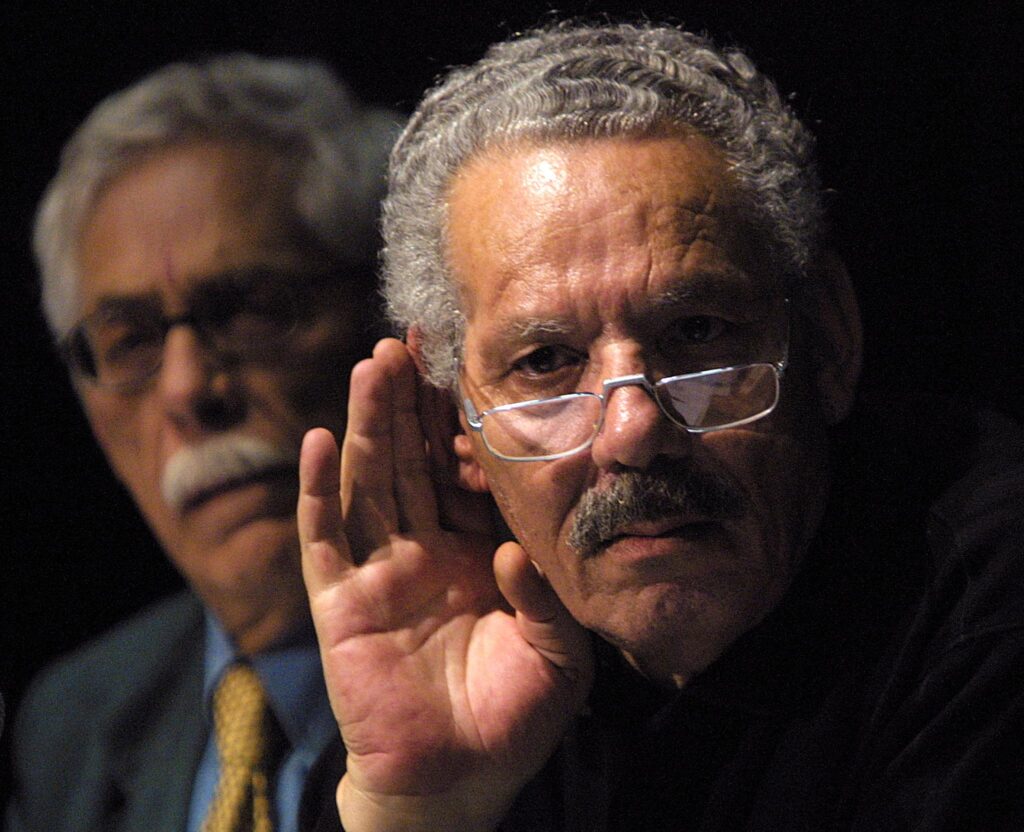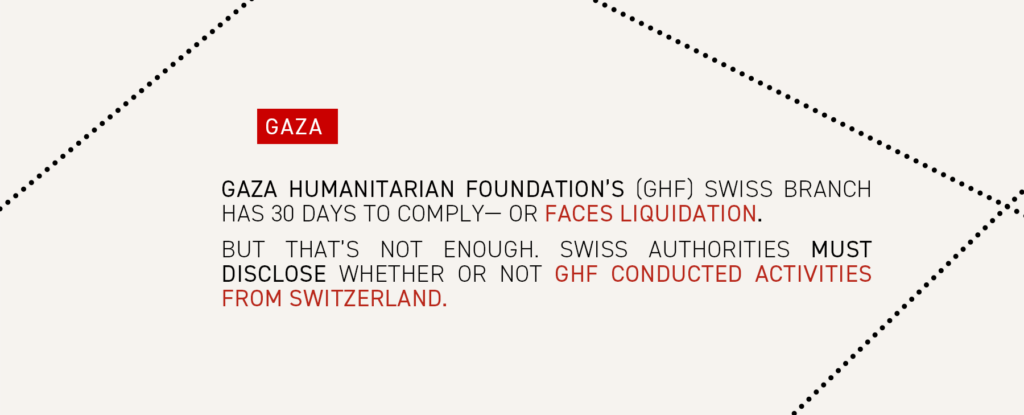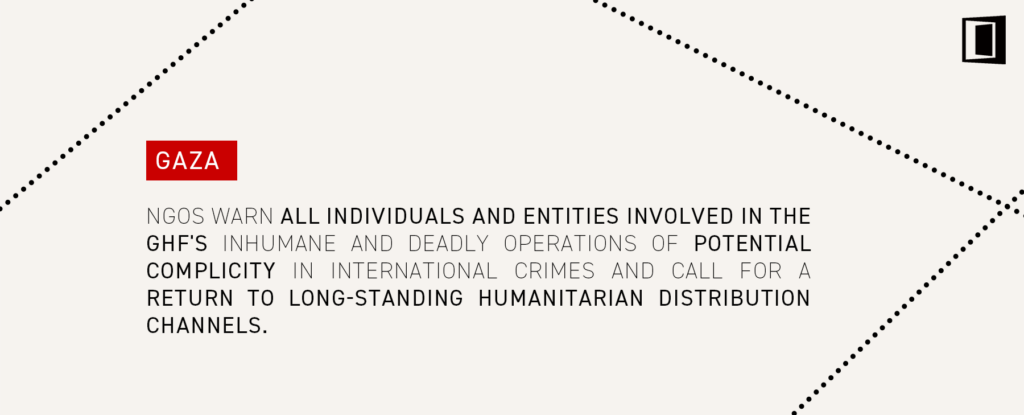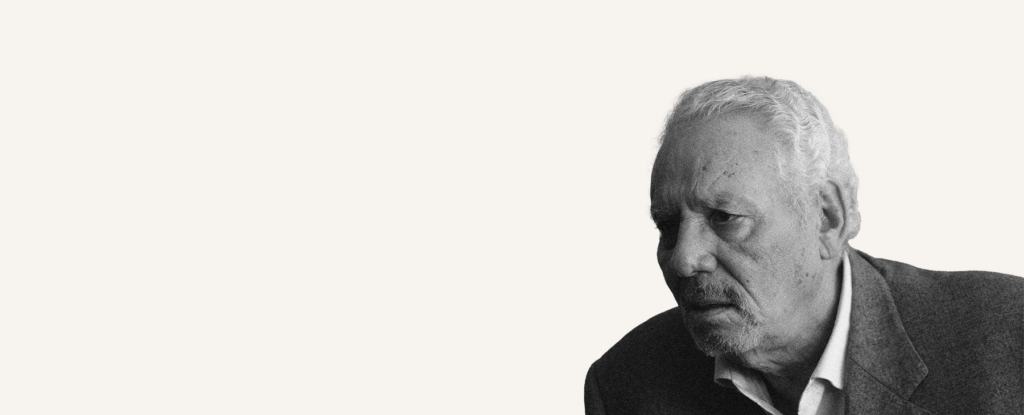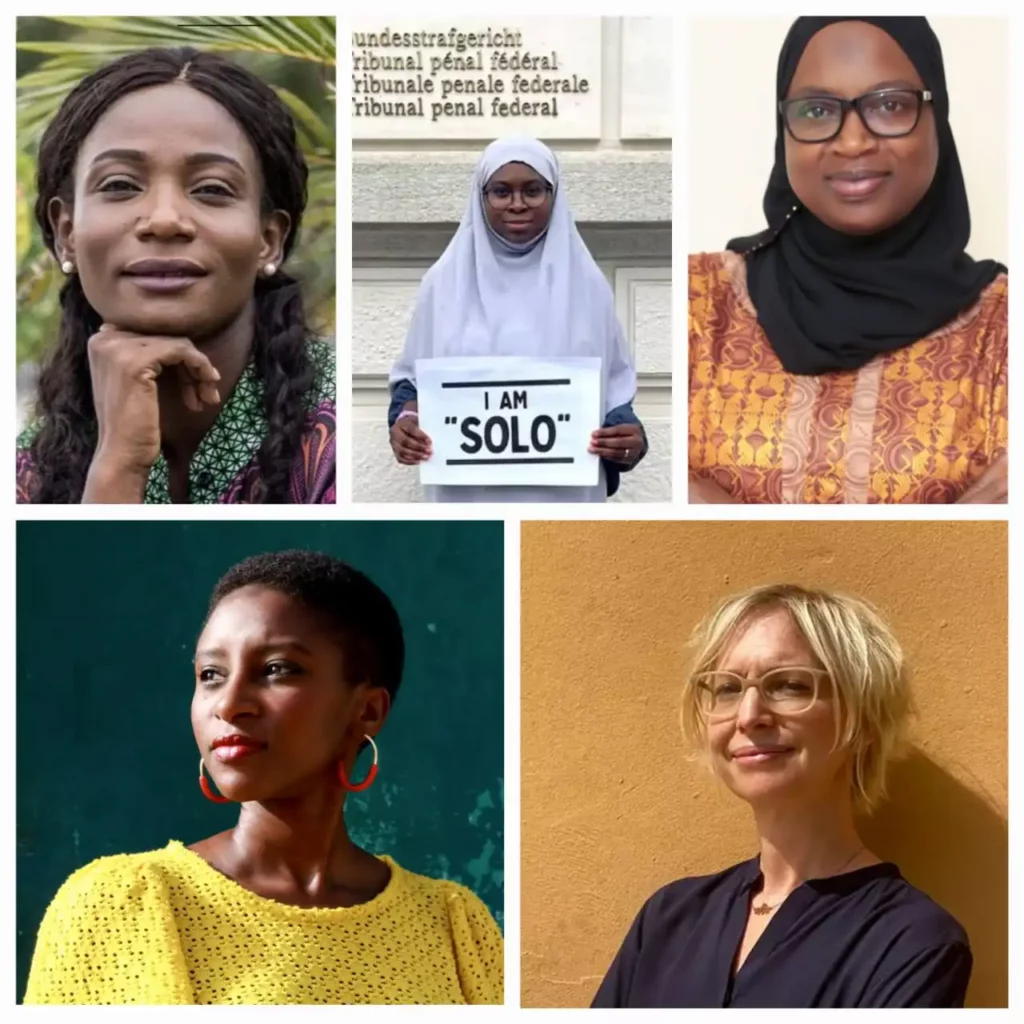Kavumu: A psychologist alongside traumatized children
Jacqueline Fall, an expert medical consultant for Physicians for Human Rights (PHR), has always worked with children and their families. Affected by the assaults committed in Kavumu, she joined the Congolese players working on the case to contribute to the psychological care brought to the young victims.
My 17 years of experience with children have been used to help the young victims of Kavumu. I work at Gonesse hospital, in the suburbs of Paris which is where I met a medical examiner from PHR. After attending my consultations, she asked if I would be interested in using my experience to help the young Kavumu victims. That is how I found myself joining the local players.
I have not been surprised by the details of the Kavumu case since sexual assaults on children are part of my everyday work. The distinctive aspect of this case, compared with those that I encounter, is the kidnappings and torture executed massively and systematically. Here, the crimes seem to have been committed as part of a defined plan. It is the serial nature of these assaults which contributes to the extremely complex character of the case.
I am of Senegalese origin and have now been living in France for 27 years. That is where I studied psychology. I have had a diverse career. First, I worked in a therapeutic and socio-educational association for children and adults victims of violence. Then, I worked in the maternity and pediatric psychiatry field, as well as working for a victim support service (UNAVI).
Building a trusting relationship
The psychologist that I am could not help being sensitive to the lack of care for these small victims who unfortunately do not have the capacity to face, alone, the instability caused by such trauma. The lack of psychological care and justice only increases their feeling of abandonment. It also calls into question the fundamental values of fairness and solidarity to which they previously felt connected.
We have had to struggle against many issues. For example, the heavy security presence reminded the children that they could be threatened again. The language barrier was another difficulty: we needed translators throughout the interviews. This introduces a third person into the relationship, making it more difficult to establish a one-to-one relationship with the patient. Fortunately, our translator was a psychologist herself, which helped reduce some biases.
The more time passed between the events and the testimonies, the higher was the risk that patients, who did not receive treatments, would recall events through traumatic memory. So, we used everything we had in our power: eyes, voice, body position, facial expression… All these innate abilities were helpful in creating a bubble of interaction that neither the language barrier, nor the external environment could break.
An article would not be enough to express everything that affected me during my work with these children. There were moments of intense emotions, like when they had to testify and their look got lost in the distance, as if they were paralyzed by some traumatic memories.
Restoring the psychic apparatus
As well as social and judicial recognition of their trauma, psychotherapeutic support should be organized as soon as possible to treat their psychological injuries. Otherwise, severe psychological suffering is to be feared for the victims and those around them. These sufferings include: an impossible dialogue with their body, hindering adult sexuality, the inability to listen to their emotions and needs. But also depression, feelings of loneliness, alarming insecurity, hypersensitivity to all form of injustice or abuse…
In this case, the trauma has been inflicted by another human being. This act destroys the victim’s confidence in men, but also towards Adults who have not been able to protect them. I remember a victim, who was five years old at the time of the assault and who kept saying “I was taken because mummy did not close the door properly…”. As adults, we know that these acts were not related to a poorly closed door, but this child does not have the maturity and enough capacity for analysis to see that.
All I hope now is for these children to be recognized as victims and their traumas to be repaired. It is the duty of humanity to commit to defend and protect all of its members. My first contact with these young victims was already a year ago and their assault took place four years ago. Yet, we are still talking about a hypothetical psychological recovery!
How much longer is it going to last?
Jacqueline Fall

